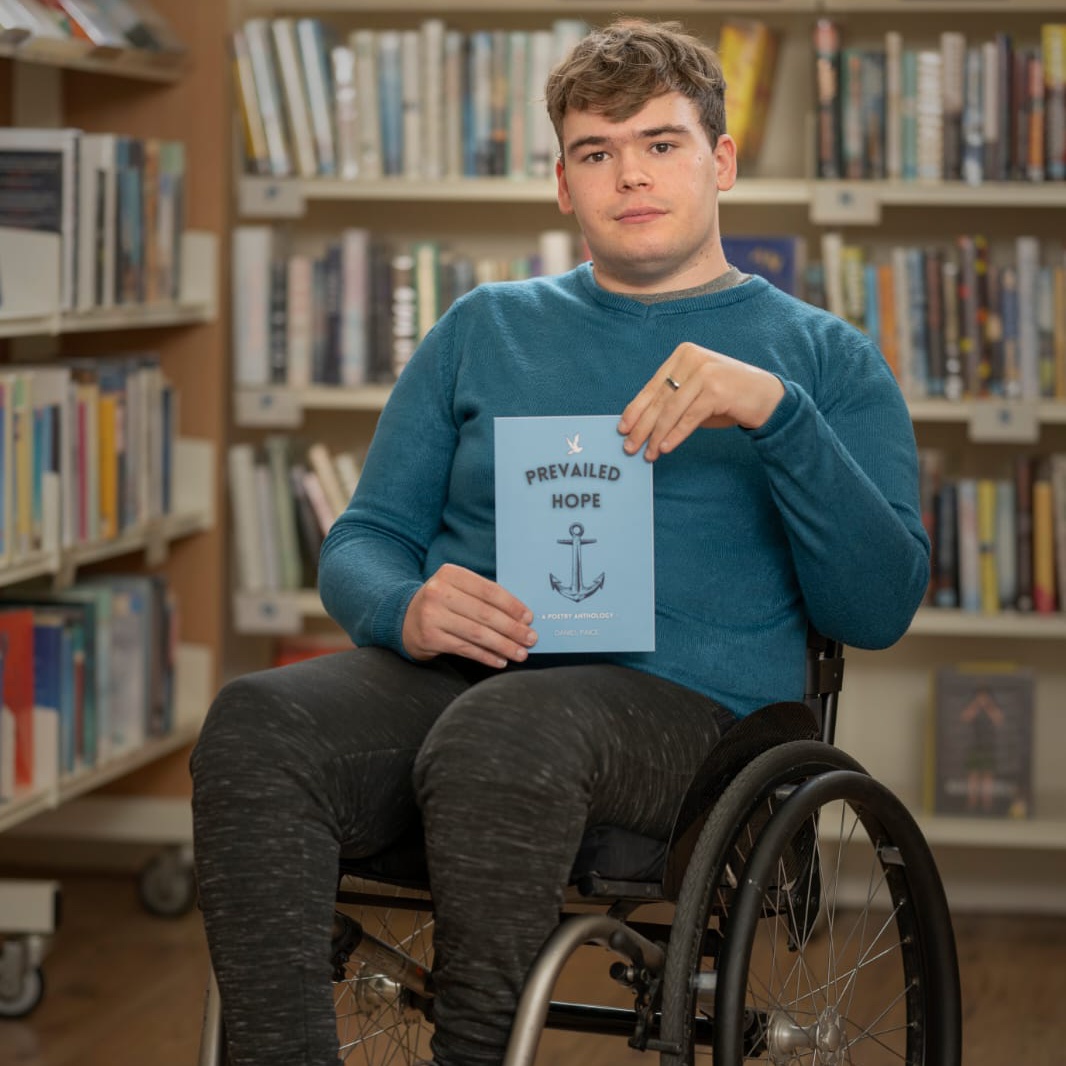Interview Miniseries: Borbala Branch (writer and editor)
- Daniel Paice

- Jun 5, 2021
- 3 min read
As part of this mental heath interview series, I asked participants to take their pick of six questions out of twenty, and then answer them in as much or as little detail as they want.
If you’re interested, you can check out Borbala’s website and services, here!
Hopefully you enjoy this insight!
1. What would you do during a conversation to let someone know that you are listening to them?
When I talk to people, I look at them, usually in the eye unless I notice they are not comfortable with that. I dislike it when people don’t look at me during a conversation because to me it’s a sign they are not listening or are not too interested in what I have to say. I also respond where appropriate and might ask questions or make comments to let them know I heard and processed what they said and I’m interested.
2. What is one thing you wish everyone understood about mental health?
(I don’t know if you are comfortable writing this out in public but it’s not ever talked about and I think it should be no matter how uncomfy people might get)
I wish people stopped trying to save everyone mindlessly. There are some people who want to commit suicide and they have good reasons and nothing will help. Sometimes staying alive is more torture, and it’s mostly selfishness that leads people to save others. Also it’s like a mechanical response. We mindlessly want to save everyone, never asking why they want to die or if asking, not truly caring about the response. Often people are scared to talk about suicidal thoughts because we immediately want to throw them into a hospital. I think the one life we have the right over is our own, and I hate the fact that society tries to take control and make decisions about it.
3. What is the biggest mental health stigma you have come across?
This is directly related to my previous answer. I rarely talk about my feelings on the topic of suicide and my relationship with the thoughts of it because I am not happy with the reactions people have. I have so far found one single person who said he would respect whatever decision I would make, even if it made him sad and he would miss me. Often people think when someone wants to die, it’s because they are not thinking clearly. This is true for some cases, but not others, and I find it very important to examine each case before ruining their life and forcing them into things they don’t deserve, like hospitals or being sentenced to keep living even though they are miserable.
4. What do you think could be done to make sure that mental health is viewed just as severe as physical health?
In my opinion, the only way it will be taken seriously is if people never fake it. It’s become a simple excuse. ‘Oh I have anxiety. I have depression. I have OCD. I’m bipolar.’ For those fakers, these are convenient excuses and damage the credibility of those who actually have these conditions. I understand the idea behind making self diagnosis valid, but I am unsure if it’s actually doing enough good to balance the bad.
Do you think the way the media portrays mental health is good or bad – why?
There is good and bad. Sadly, people go overboard and find something wrong with everything. We keep trying to standardize portrayals of things that have absolutely no standards. So when a movie shows a depressed character and they have some behaviors that are stereotypical, society starts screaming. But at the end of the day, it’s a valid way to portray depression. Portrayal of autism is one prime example of the ‘never good enough’ attitude, in both books and movies as of late. I think what should happen is they should make a variety of character portrayals to create a wide view of basically any disabilities people have, mental or physical. 5. Do you think the way the media portrays mental health is good or bad – why?
6. How would you help someone open up to you?
I don’t like being pressured, so I would not do that to anyone either. I would let them know they can tell me anything, and I would be candid with them about myself, so they see it’s not a one way thing. If they see I trust them enough to tell them personal things, they might feel inclined to trust me as well.








Comments